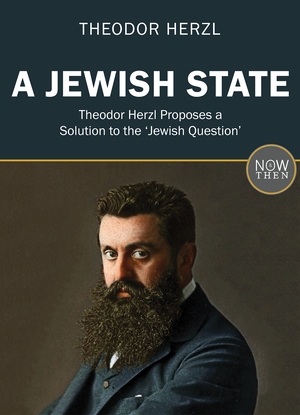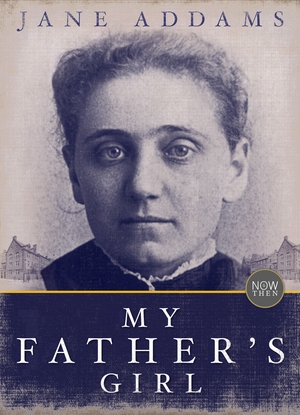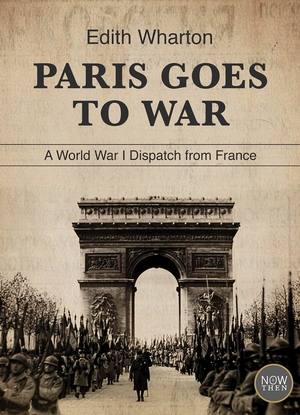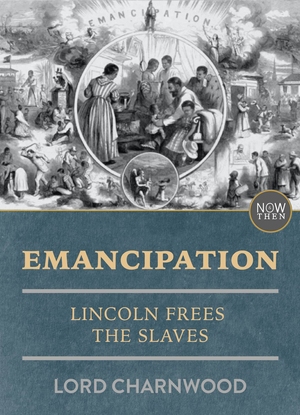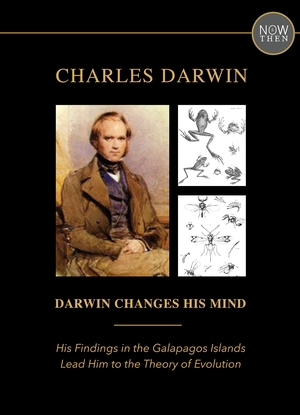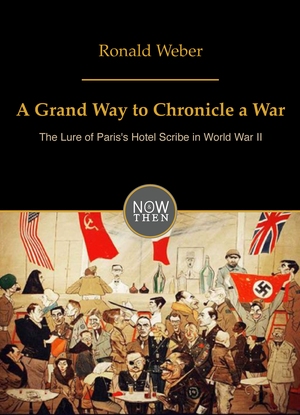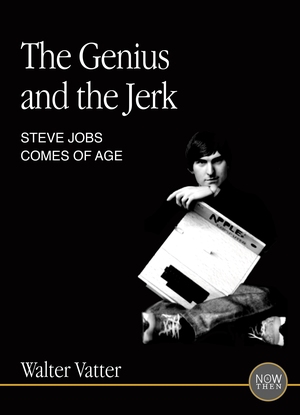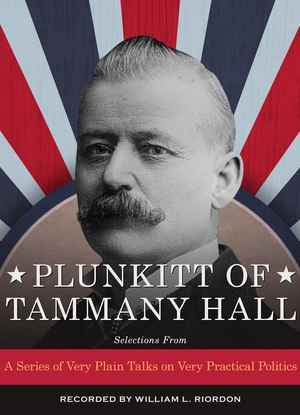by Alexis de Tocqueville
The Influence of Democracy on the Feelings of Americans
I. Why Democratic Nations Show a More Ardent and Enduring Love of Equality than of Liberty
The first and most intense passion which is engendered by the equality of conditions is, I need hardly say, the love of that same equality. My readers will therefore not be surprised that I speak of it before all others. Everybody has remarked that in our time, and especially in France, this passion for equality is every day gaining ground in the human heart. It has been said a hundred times that our contemporaries are far more ardently and tenaciously attached to equality than to freedom; but as I do not find that the causes of the fact have been sufficiently analyzed, I shall endeavor to point them out.
It is possible to imagine an extreme point at which freedom and equality would meet and be confounded together. Let us suppose that all the members of the community take a part in the government, and that each of them has an equal right to take a part in it. As none is different from his fellows, none can exercise a tyrannical power: men will be perfectly free because they will all be entirely equal; and they will all be perfectly equal because they will be entirely free. To this ideal state democratic nations tend. Such is the completest form that equality can assume upon earth; but there are a thousand others which, without being equally perfect, are not less cherished by those nations.
The principle of equality may be established in civil society without prevailing in the political world. Equal rights may exist of indulging in the same pleasures, of entering the same professions, of frequenting the same places—in a word, of living in the same manner and seeking wealth by the same means, although all men do not take an equal share in the government. A kind of equality may even be established in the political world, though there should be no political freedom there. A man may be the equal of all his countrymen save one, who is the master of all without distinction and who selects equally from among them all the agents of his power. Several other combinations might be easily imagined, by which very great equality would be united to institutions more or less free, or even to institutions wholly without freedom. Although men cannot become absolutely equal unless they be entirely free, and consequently equality, pushed to its furthest extent, may be confounded with freedom, yet there is good reason for distinguishing the one from the other. The taste which men have for liberty, and that which they feel for equality, are in fact two different things; and I am not afraid to add that among democratic nations they are two unequal things.
Buy Now: $0.00
Available through
